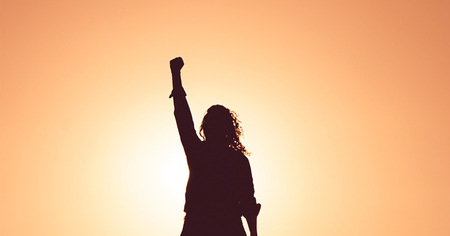We live in a society that rewards industriousness, production, busyness. We are not exactly a society that rewards introspection, thoughtfulness, reflection. And—as an overachiever my whole life—I have always wanted to do what brought me the most immediate reward. Reflection = Slow. Slow = Bad. That's the formula I have always believed.
But throughout the past year, I slowly began to learn the value of reflection and have begun to try to practice it more in my daily life. I won't lie: It's hard. The temptation to be busy—to check things off my endless "to do" list—is huge. And reflection is scary. When we actually take time to reflect, we may have to recognize that there were things we could have done better, said better, prepared for better. How much easier—and satisfying—to just get it done than have to reflect on how we might have done it better.
Which is not to say that all reflection time is meant to be self-critical. Often, it can be time that we slow down long enough to feel genuine pleasure in something good that we have done—and reflect on, perhaps, what it was we did that made us feel that way, so we can capture that feeling again in the future.
Another positive benefit? According to author Dorie Clark, making time for reflection is a strategy employed by some of our most creative and productive leaders.
What if—along with practicing reflection more ourselves—we also worked to help our students learn how to practice reflection? I have been trying to do so, both at home and when I teach kids, and it's obvious that it's really hard for some of them. What a gift we'll be giving them if we can help them learn this valuable skill now—not, like me, decades later.
Three simple questions can do it:
1. What did I learn from this experience?
2. What did I do or say well?
3. What might I have done differently?
That's my New Year's resolution. What's yours?
Written by Gina Wanrer, J.D., president and CEO of the National Afterschool Association.




